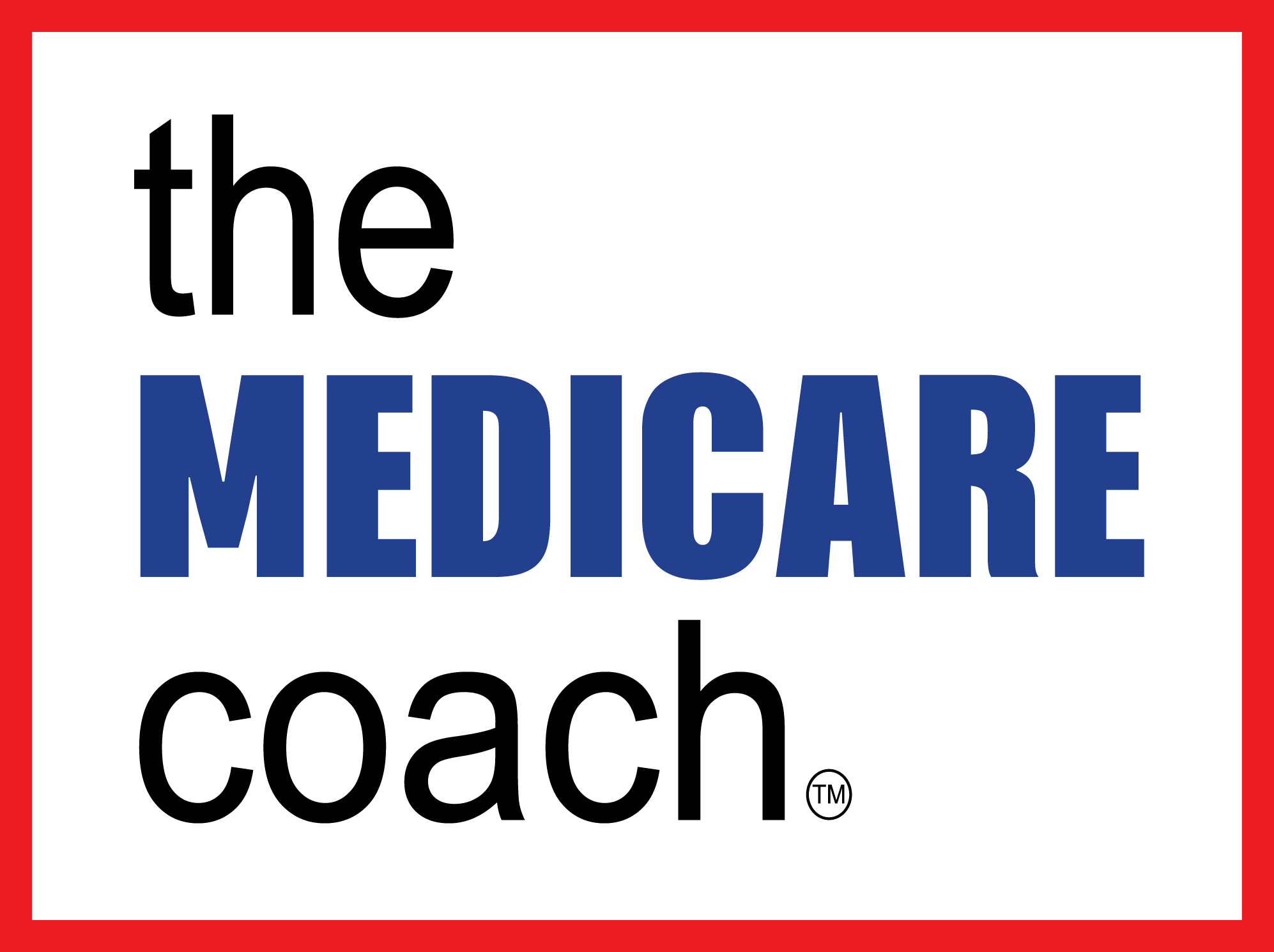Medicare Rights Center news release
Statement by Medicare Rights Center President Joe Baker released April 19, 2010
New York, NY- The limits on cost-sharing that Medicare private health and drug plans can charge consumers in 2011 will provide important financial protection for people with Medicare who enroll in these plans. In 2011, most Medicare private health plans(also known as Medicare Advantage plans) must cap the amount consumers will pay in deductibles and copayments for Medicare-covered medical services at no more than $6,700 (local preferred provider organizations (PPO’s) can set the limit at $10,000 for in-and out of-network sevices combined). This new mandatory out-of-pocket limit provides a backstop for consumers who need extensive-and expensive-treatment; almost one-third of Medicare Advantage plans now have no maximum out-of-pocket limit.
The new mandatory limit is high, however, particularly for the majority of people with Medicare who have limited incomes. We are hopeful that a rigorous review of plan benefit packages by the Centers for Medicare & Medicaid Services (CMS) will encourage more plans to a set lower maximum out- of- pocket limit of $3,400 or less- the target amount for both 2010 and 2011. That review process will also determine whether the new guideliness for cost-sharing services, such as chemotherapy and home health care, and for tiered copayments for prescription drugs, protect consumers from excessive cost-sharing for medical treatments and help them compare the benefit packages from competing plans.
Medicare Rights Center is a national, nonprofit consumer serviceorganization that works to ensure access to affordable health care for older adults and people with disabilities through counseling and advocacy, educational programs, and public policy initiatives.
Coaching Tips on how to evaluate Medicare Advantage programs:
- Call each of your medical care providers to ask them if they accept Medicare Advantage. Medical providers have the option to accept or deny treatment for Medicare Advantage.
- Ask what is my maximum out-of-pocket limit during any calendar year for all medical risks.
- Ask about the timeline for returning to Original Medicare if you are not satisfied with your Advantage plan. ( the rule is 12 months), but if you become uninsurable after that 12-month trial period, beware that you may not be eligible for a Medicare Supplement plan when you return to Original Medicare.
- Ask the sales person, how much commission are you receiving for selling me an Advantage plan?
- If you are new to Medicare start with an Original Medicare planwith a Supplement and pick the best supplement plan because you have guaranteed issue without answering any medical questions.
- Ask the salesperson how long PFFS (private fee for service plans) will be available in your area. This is a plan where you can choose your own doctor. The data shows that Advantage plans are moving to PPOs (preferred provider plans) where you must use a doctor in the network, and away from PFFS plans where you have freedom of choice. PFFS plans may no longer be available in rural areas of the country.
Summary:
In my opinion, Medicare Advantage plans work the best for ages 85+when clients are paying high Medicare Supplement premiums, they are on a fixed income, take few medications, and have no serious or chronic health conditions, and see their doctors 3 or 4 times per year.
Strategy: Take the Medicare Supplement premium savings ( let’s say it’s $3000 per year), because those on Advantage plans can drop their Supplement plans… put it in a savings account and use it for the maximum out of pocket co-pays. This strategy made sense when the maximum out of pocket co-pays totaled $4,000, but recently, insurance companies have been raising these maximums to $6,000 and above which creates severe stress for individuals with limited incomes. The new cost sharing rules just released will help those clients who are in Advantage plans and are living on fixed incomes. This recent ruling is a good move to protect all seniors enrolled in an Advantage plan and for the five age 85+ clients that I’ve enrolled in Advantage plans using the strategy outlined above.
Coach

